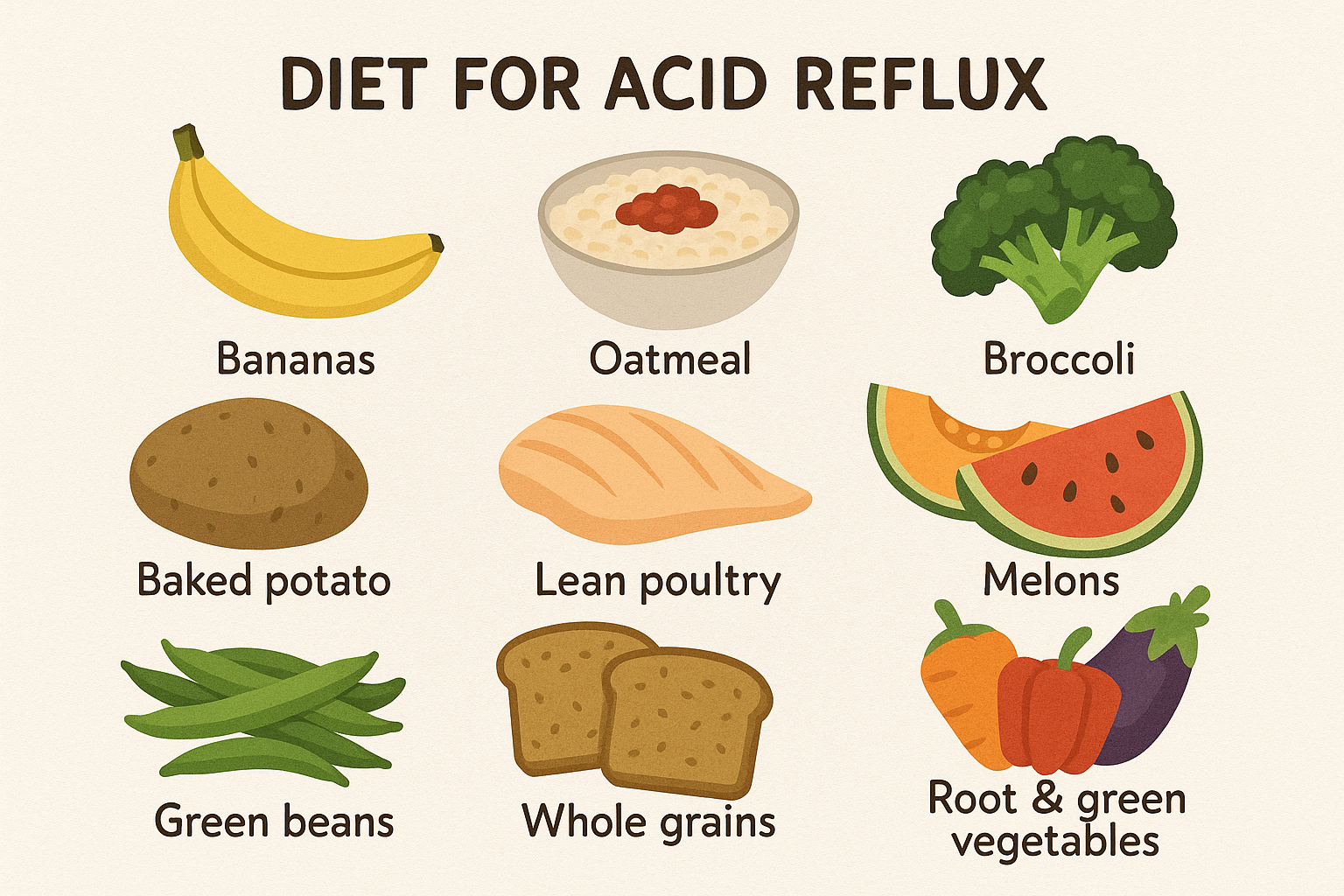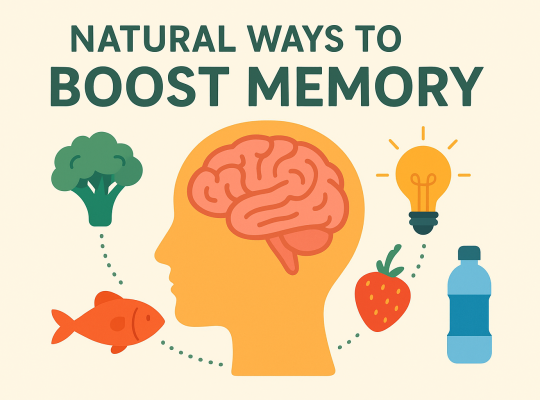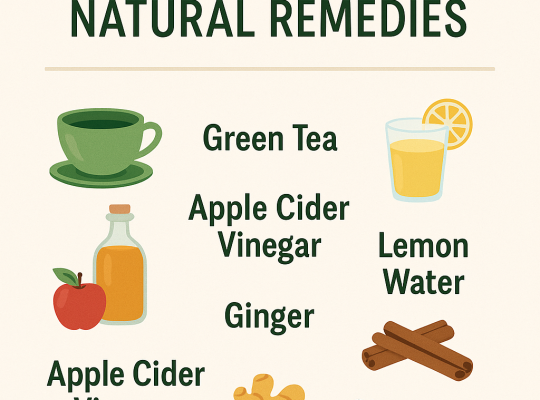Struggling with acid reflux can feel like an uphill battle, but the good news is that relief may be just a meal away. If you’re tired of living with the discomfort and looking for effective solutions, this article presents the top 10 diets specifically designed to alleviate acid reflux symptoms. With just a few simple changes to your eating habits, you can reclaim your comfort and enjoy food again. From understanding which foods to embrace and which to avoid, to discovering meal ideas that keep your taste buds satisfied, this guide is your roadmap to a reflux-free lifestyle. Say goodbye to those burning sensations and hello to delicious relief with manageable dietary shifts. Dive in and find out how the right choices can make all the difference in your day-to-day wellness!
Understanding Acid Reflux: Causes and Symptoms
Acid reflux, also known as gastroesophageal reflux disease (GERD), is a condition where stomach acid frequently flows back into the esophagus, the tube connecting your mouth and stomach. This backward flow, or acid reflux, can irritate the lining of your esophagus and cause discomfort. Common symptoms include heartburn, regurgitation of food or sour liquid, difficulty swallowing, and a sensation of a lump in your throat. These symptoms can be particularly bothersome after eating or when lying down.
The causes of acid reflux are varied and can include lifestyle factors such as diet, obesity, and smoking, as well as physiological conditions like a hiatal hernia. Certain foods and beverages, including spicy foods, citrus fruits, chocolate, caffeine, and alcohol, are known to trigger reflux symptoms. Additionally, eating large meals or lying down immediately after eating can exacerbate the condition. Understanding these triggers is crucial in managing acid reflux effectively.
Addressing acid reflux often involves a combination of lifestyle changes and dietary adjustments. By identifying and avoiding trigger foods, eating smaller meals, and maintaining a healthy weight, many people find significant relief from their symptoms. For those who continue to struggle, a more structured approach through specific diets can offer targeted solutions. Let’s explore the top 10 diets that have been shown to alleviate acid reflux symptoms and improve overall digestive health.
The Role of Diet in Managing Acid Reflux
Diet plays a pivotal role in managing acid reflux. What you eat, how much you eat, and when you eat can significantly influence the frequency and severity of your symptoms. Foods that are high in fat, for instance, can relax the lower esophageal sphincter (LES), allowing stomach acid to escape into the esophagus. Similarly, acidic foods can exacerbate symptoms by increasing stomach acidity.
Conversely, certain foods can help soothe the esophagus and reduce the production of stomach acid. High-fiber foods, for example, can help absorb stomach acid, while alkaline foods can neutralize it. Eating smaller, more frequent meals can also prevent the stomach from becoming too full, reducing the likelihood of reflux. Timing is also important; it’s generally recommended to avoid eating large meals late at night or lying down soon after eating.
Implementing dietary changes can be a powerful way to manage acid reflux without relying solely on medication. By understanding which foods to include and which to avoid, you can create a balanced diet that supports your digestive health. The following sections will provide an overview of the top 10 diets specifically designed to alleviate acid reflux, offering practical tips and meal ideas to help you make these changes seamlessly.
Overview of the Top 10 Diets for Acid Reflux Relief
When it comes to finding relief from acid reflux, not all diets are created equal. Some emphasize the importance of avoiding specific trigger foods, while others focus on overall nutritional balance and gut health. The top 10 diets for acid reflux relief include the Mediterranean Diet, the Low-FODMAP Diet, the DASH Diet, the Alkaline Diet, the Plant-Based Diet, and others that have shown promising results in reducing symptoms.
Each of these diets has its unique approach and benefits. For instance, the Mediterranean Diet is rich in fruits, vegetables, whole grains, and healthy fats, which can help reduce inflammation and support digestive health. The Low-FODMAP Diet, on the other hand, eliminates certain types of carbohydrates that can cause bloating and gas, common triggers for reflux. The DASH Diet, originally designed to lower blood pressure, also promotes heart health and can help manage reflux symptoms through its emphasis on plant-based foods and lean proteins.
In addition to these, the Alkaline Diet focuses on balancing the body’s pH levels by incorporating more alkaline foods, which can help neutralize stomach acid. The Plant-Based Diet, which eliminates animal products, is high in fiber and antioxidants, promoting overall digestive health. Each of these diets offers practical solutions for managing acid reflux, and understanding their principles can help you choose the one that best fits your lifestyle and preferences.
The Mediterranean Diet: Benefits for Acid Reflux
The Mediterranean Diet is often praised for its numerous health benefits, including its potential to alleviate acid reflux symptoms. This diet emphasizes the consumption of fruits, vegetables, whole grains, legumes, nuts, seeds, and healthy fats, particularly olive oil. It also includes moderate amounts of fish and poultry, while red meat and sweets are consumed sparingly. This balanced approach to eating not only supports heart health but also promotes optimal digestive function.
One of the key benefits of the Mediterranean Diet for acid reflux is its emphasis on plant-based foods, which are high in fiber and antioxidants. Fiber can help absorb stomach acid and promote regular bowel movements, reducing the likelihood of reflux. Additionally, the healthy fats found in olive oil and nuts can help soothe the esophagus and reduce inflammation. The diet’s focus on whole, unprocessed foods also means that it is naturally low in trigger foods like fatty, fried, and spicy items.
Implementing the Mediterranean Diet can be relatively simple and enjoyable. Start by incorporating more fruits and vegetables into your meals, choosing whole grains over refined ones, and using olive oil as your primary cooking fat. Include fish in your diet a few times a week, and opt for lean poultry and plant-based protein sources like beans and lentils. By making these changes, you can enjoy a variety of delicious meals while finding relief from acid reflux.
The Low-FODMAP Diet: A Solution for Sensitive Stomachs
The Low-FODMAP Diet, developed by researchers at Monash University, is designed to help individuals with irritable bowel syndrome (IBS) and other digestive disorders, including acid reflux. FODMAPs are a group of short-chain carbohydrates that are poorly absorbed in the small intestine, leading to fermentation and gas production. For those with sensitive stomachs, these compounds can trigger symptoms like bloating, gas, and reflux.
The Low-FODMAP Diet involves eliminating high-FODMAP foods for a period of time and then gradually reintroducing them to identify which ones cause symptoms. Common high-FODMAP foods include certain fruits (like apples and pears), dairy products, wheat, onions, and garlic. By avoiding these foods, many people find significant relief from their symptoms. For acid reflux sufferers, reducing bloating and gas can alleviate pressure on the stomach, reducing the likelihood of reflux.
To follow the Low-FODMAP Diet, start by familiarizing yourself with high-FODMAP foods and finding suitable low-FODMAP alternatives. For example, instead of onions and garlic, you can use chives and garlic-infused oil for flavor. Replace high-FODMAP fruits with low-FODMAP options like berries and bananas. By making these adjustments, you can create a diet that supports your digestive health and helps manage acid reflux effectively.
The DASH Diet: Heart Health and Acid Reflux
The DASH Diet, which stands for Dietary Approaches to Stop Hypertension, is primarily designed to lower blood pressure and improve heart health. However, its principles also make it an effective diet for managing acid reflux. The DASH Diet emphasizes the consumption of fruits, vegetables, whole grains, lean proteins, and low-fat dairy products, while limiting the intake of salt, saturated fat, and added sugars.
One of the reasons the DASH Diet is beneficial for acid reflux is its focus on plant-based foods, which are high in fiber and low in fat. Fiber can help absorb stomach acid and promote regular digestion, reducing the likelihood of reflux. Additionally, the diet’s emphasis on lean proteins and low-fat dairy products means that it is naturally low in trigger foods like fatty and fried items. The DASH Diet also encourages the consumption of small, frequent meals, which can help prevent the stomach from becoming too full and reduce the risk of reflux.
To implement the DASH Diet, start by increasing your intake of fruits and vegetables, aiming for at least five servings a day. Choose whole grains like brown rice, quinoa, and whole-wheat bread over refined grains. Opt for lean proteins like chicken, fish, and legumes, and incorporate low-fat dairy products into your meals. By making these changes, you can support both your heart health and your digestive health, finding relief from acid reflux in the process.
The Alkaline Diet: Balancing pH for Relief
The Alkaline Diet is based on the idea that certain foods can affect the body’s pH levels, and that maintaining a more alkaline environment can promote better health and reduce the risk of chronic diseases, including acid reflux. The diet emphasizes the consumption of alkaline-forming foods, such as fruits, vegetables, nuts, and seeds, while limiting acid-forming foods like meat, dairy, processed grains, and sugar.
One of the key benefits of the Alkaline Diet for acid reflux is its potential to neutralize stomach acid. By incorporating more alkaline foods into your diet, you can help reduce the acidity of your stomach contents, which can minimize the likelihood of reflux. Additionally, the diet’s focus on plant-based foods means that it is high in fiber and low in fat, both of which can support digestive health and reduce reflux symptoms.
To follow the Alkaline Diet, start by incorporating more fruits and vegetables into your meals, particularly those that are considered alkaline, such as leafy greens, cucumbers, and avocados. Replace animal proteins with plant-based sources like beans, lentils, and nuts. Limit your intake of processed grains and sugars, and opt for whole, unprocessed foods whenever possible. By making these changes, you can create a diet that supports your overall health and helps manage acid reflux effectively.
The Plant-Based Diet: Nutritional Benefits for Digestive Health
The Plant-Based Diet, which eliminates animal products and focuses on whole, unprocessed plant foods, offers numerous nutritional benefits for digestive health and can be particularly effective in managing acid reflux. This diet emphasizes the consumption of fruits, vegetables, whole grains, legumes, nuts, and seeds, providing a rich source of fiber, vitamins, minerals, and antioxidants. By eliminating animal products, the diet is naturally low in fat and cholesterol, which can support optimal digestive function.
One of the primary benefits of the Plant-Based Diet for acid reflux is its high fiber content. Fiber can help absorb stomach acid, promote regular bowel movements, and reduce the likelihood of reflux. Additionally, plant-based foods are generally less likely to trigger reflux symptoms compared to fatty and processed animal products. The diet’s focus on whole, unprocessed foods also means that it is free from additives and preservatives that can irritate the digestive system.
To implement a Plant-Based Diet, start by incorporating more fruits, vegetables, and whole grains into your meals. Replace animal proteins with plant-based sources like beans, lentils, tofu, and tempeh. Experiment with new recipes and cooking techniques to keep your meals enjoyable and satisfying. By making these changes, you can support your digestive health, reduce acid reflux symptoms, and enjoy a variety of delicious, nutrient-dense foods.
Practical Tips for Implementing Dietary Changes
Making dietary changes to manage acid reflux can seem daunting, but with a few practical tips, you can make the transition smoother and more sustainable. Start by identifying your specific trigger foods and keeping a food diary to track your symptoms. This can help you pinpoint which foods exacerbate your reflux and which ones are safe to include in your diet.
Planning your meals in advance can also be incredibly helpful. By preparing nutritious, reflux-friendly meals ahead of time, you can avoid the temptation of reaching for trigger foods when you’re hungry. Focus on incorporating a variety of fruits, vegetables, whole grains, and lean proteins into your meals, and experiment with different recipes to keep things interesting. Remember to eat smaller, more frequent meals to prevent your stomach from becoming too full and reduce the risk of reflux.
Staying hydrated is also important for managing acid reflux. Drinking plenty of water can help dilute stomach acid and promote optimal digestion. However, be mindful of when you drink; it’s generally best to avoid drinking large amounts of water during meals, as this can increase the volume of stomach contents and potentially trigger reflux. Instead, aim to drink water between meals and throughout the day.
Conclusion: Finding the Right Diet for You
Finding the right diet to manage acid reflux can be a journey, but with the right information and a willingness to experiment, you can discover a dietary approach that works for you. Whether you choose to follow the Mediterranean Diet, the Low-FODMAP Diet, the DASH Diet, the Alkaline Diet, the Plant-Based Diet, or another reflux-friendly eating plan, the key is to listen to your body and make adjustments as needed.
Remember that everyone’s digestive system is different, and what works for one person may not work for another. Be patient with yourself as you make these changes, and don’t be afraid to seek support from a healthcare professional or registered dietitian if needed. By taking a proactive approach to managing your diet, you can find relief from acid reflux and enjoy a healthier, more comfortable quality of life.
Ultimately, the goal is to create a balanced, nutritious diet that supports your overall health and well-being. By focusing on whole, unprocessed foods, staying hydrated, and avoiding known triggers, you can take control of your acid reflux and enjoy a variety of delicious meals. With these simple changes, you can reclaim your comfort and find lasting relief from acid reflux.










